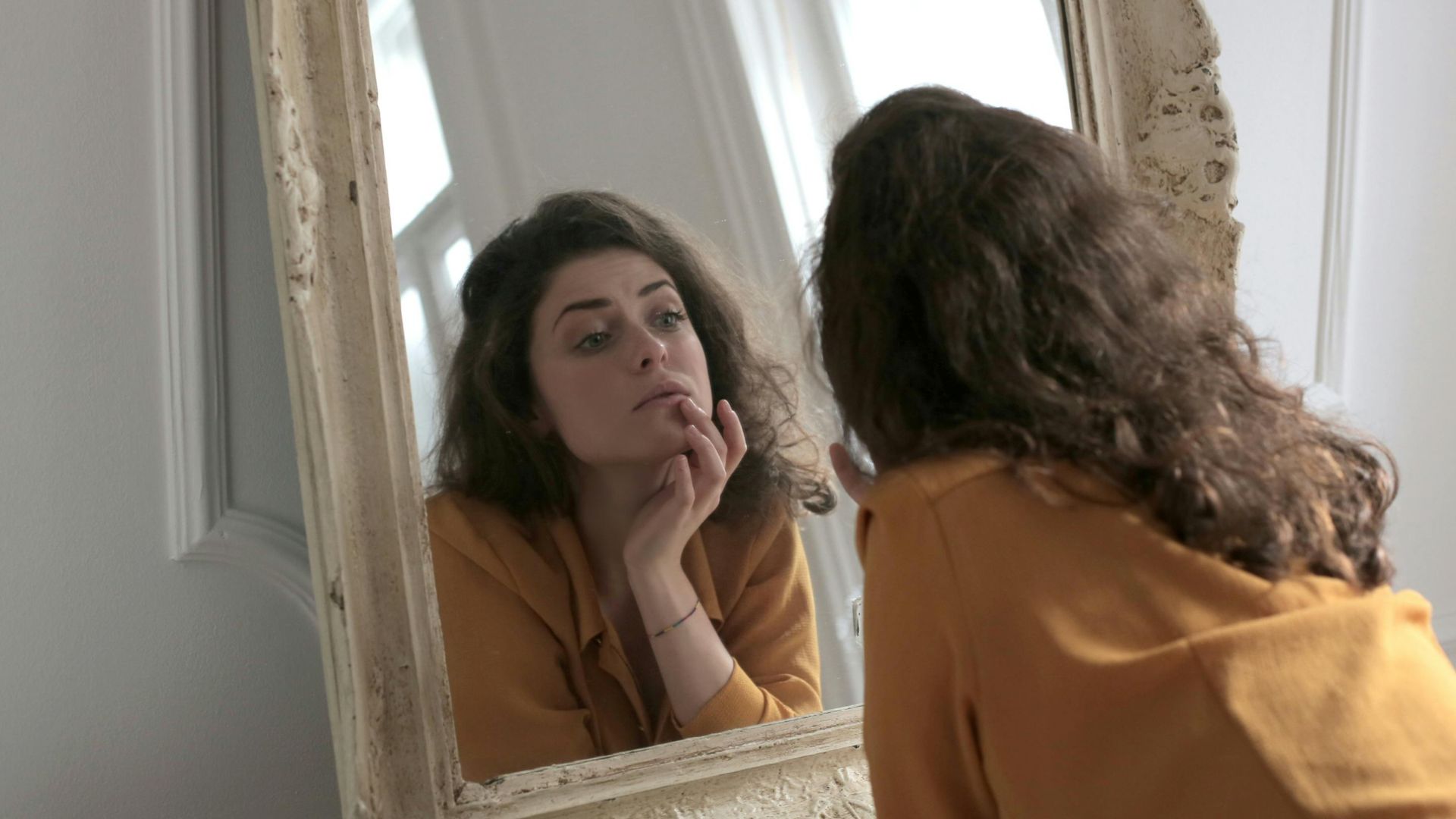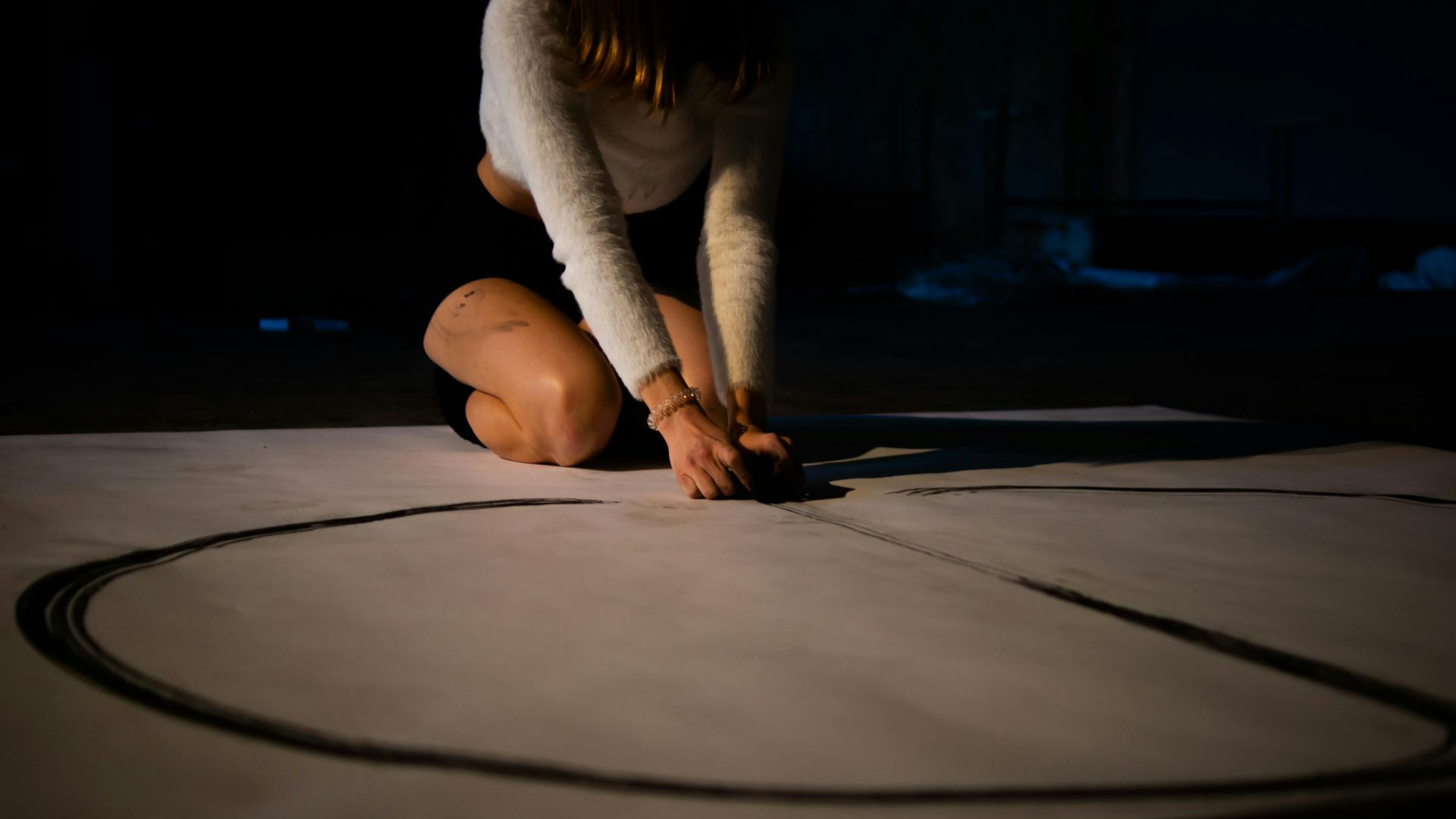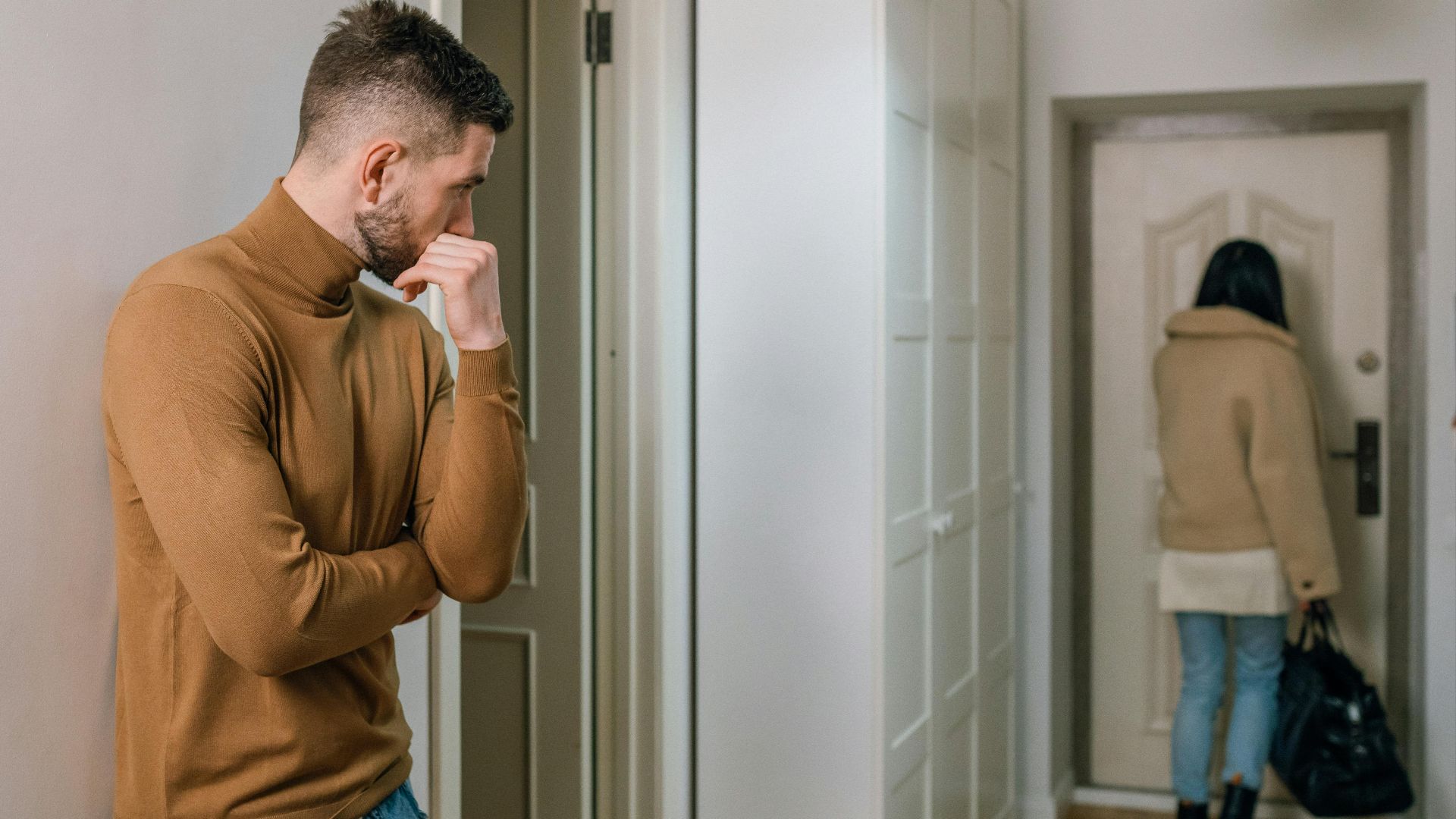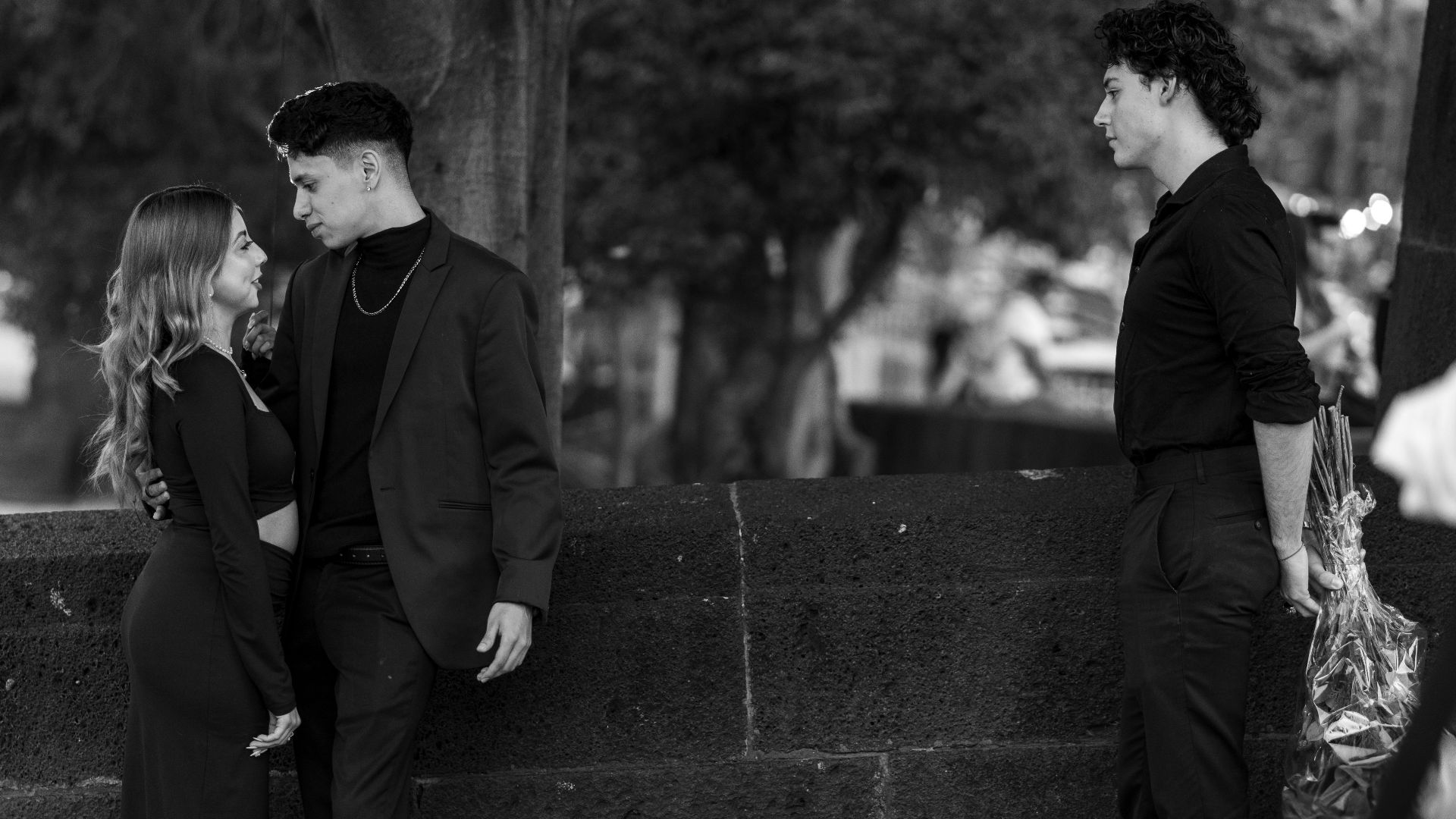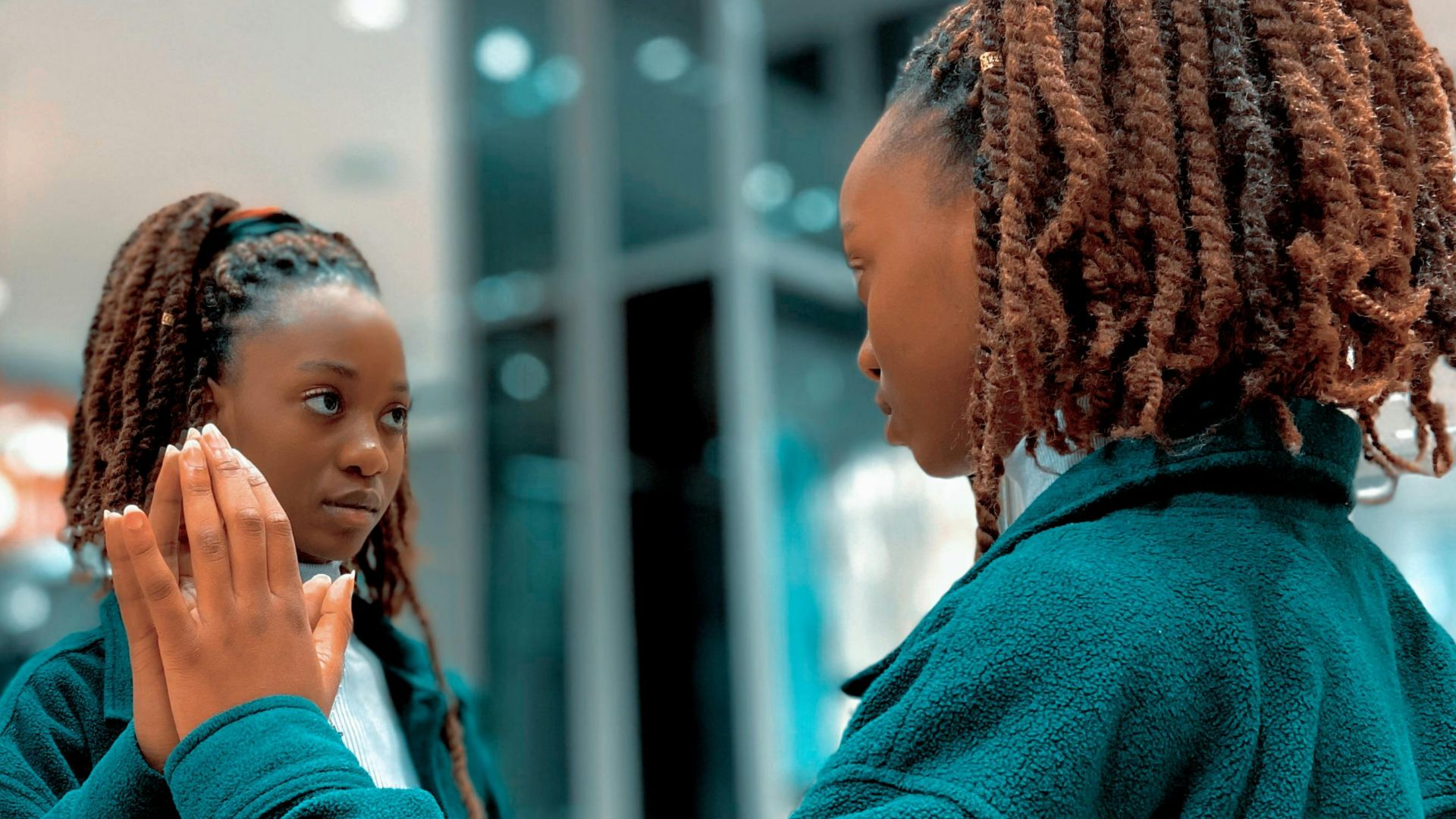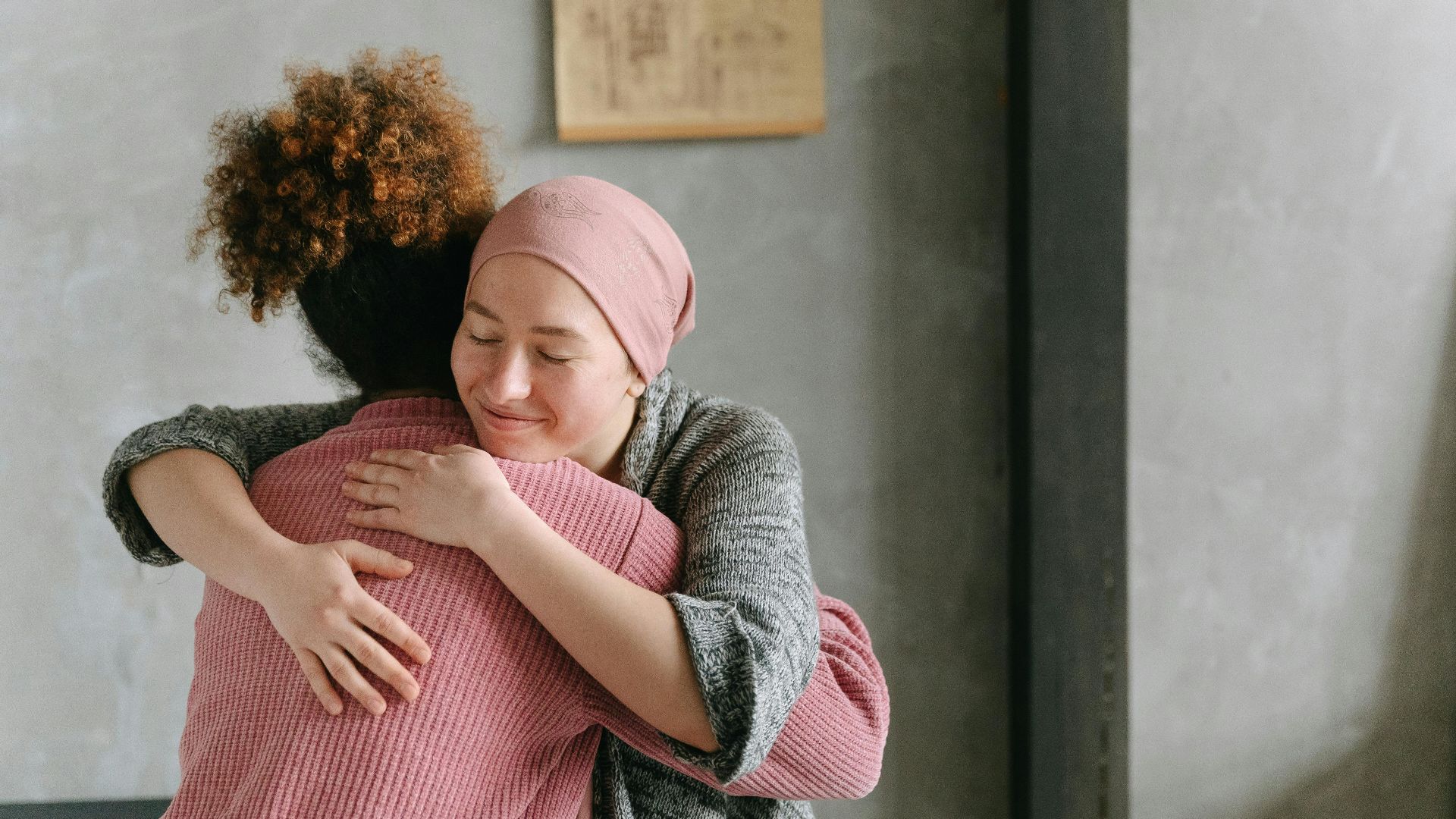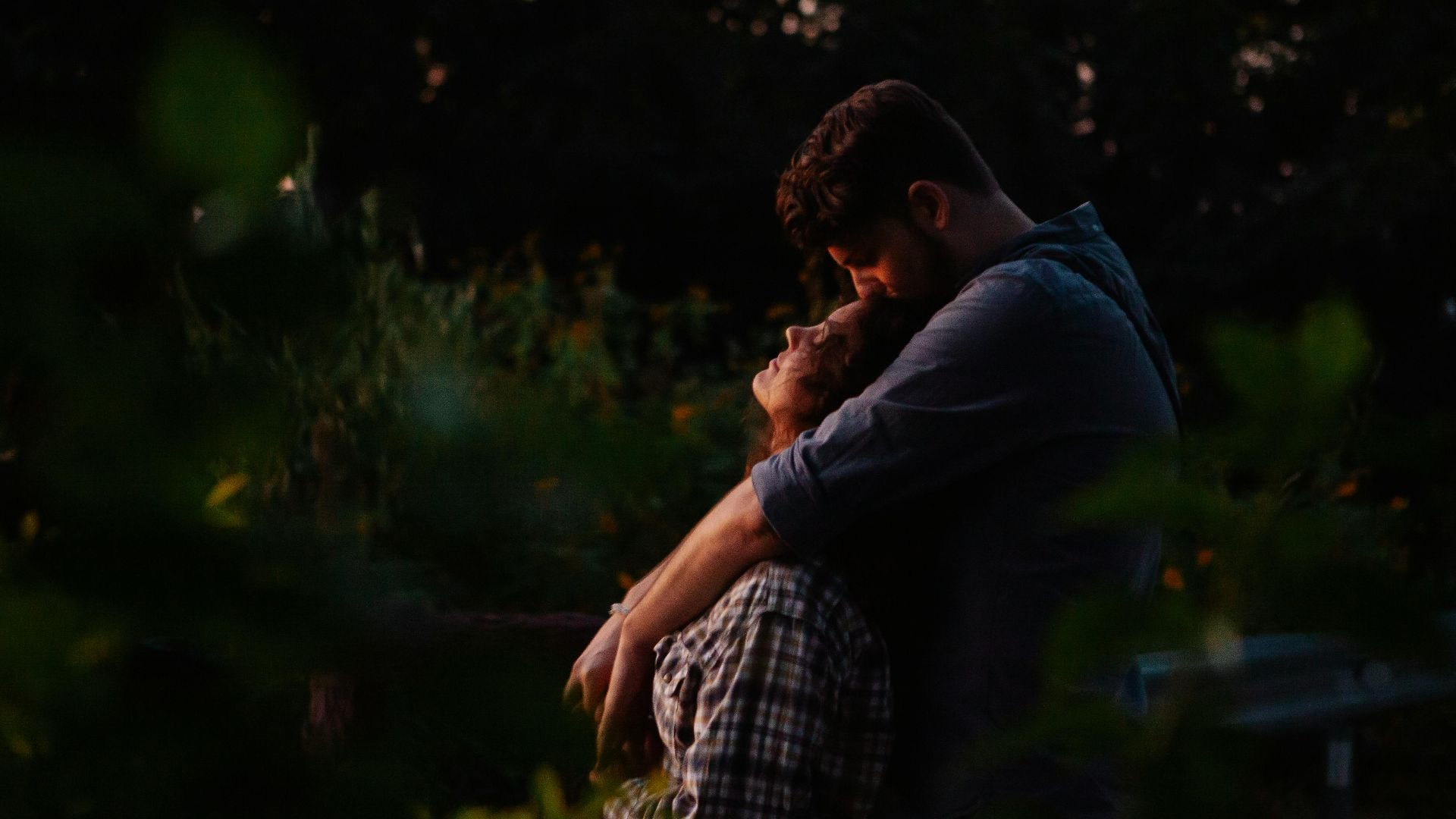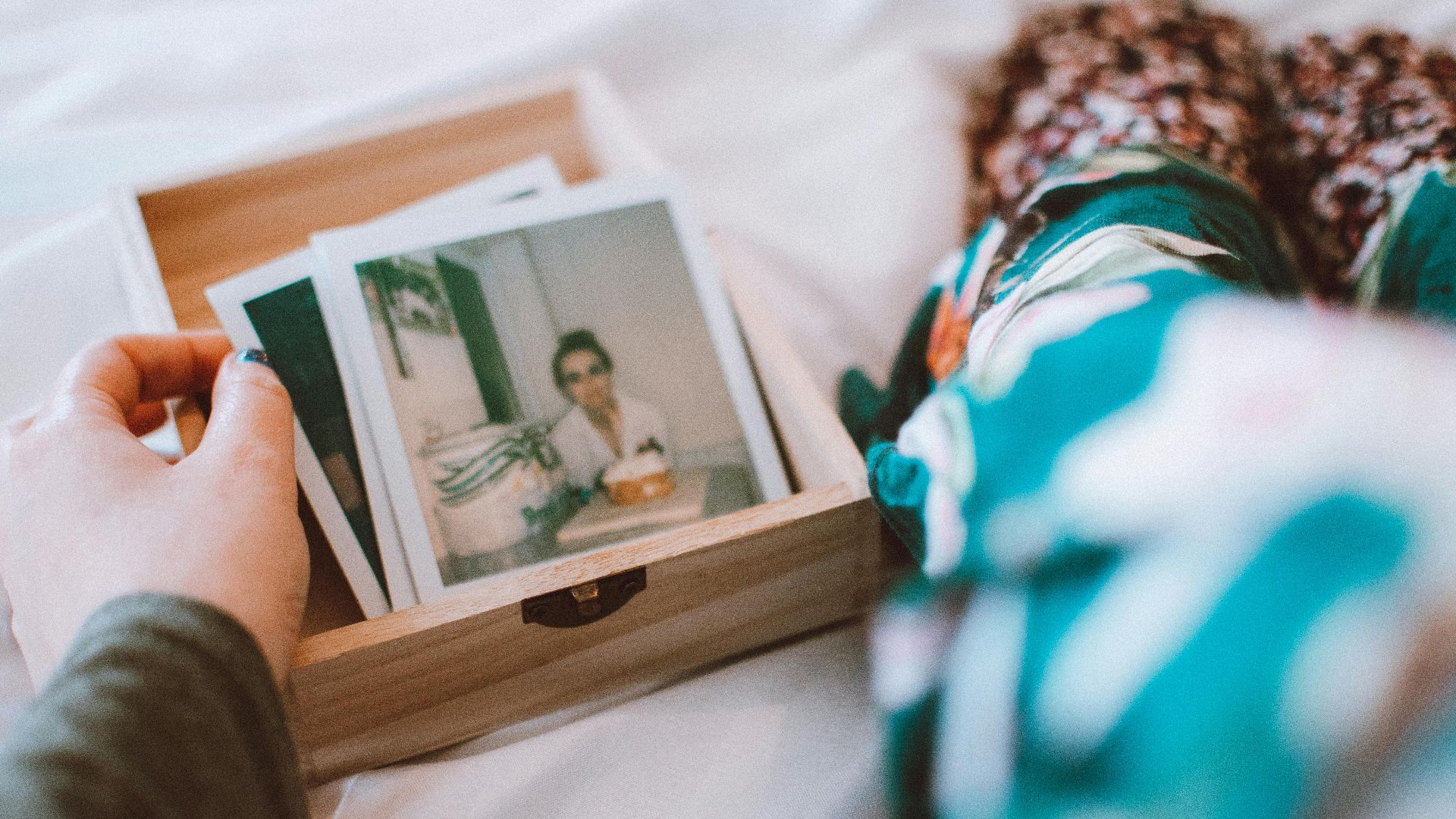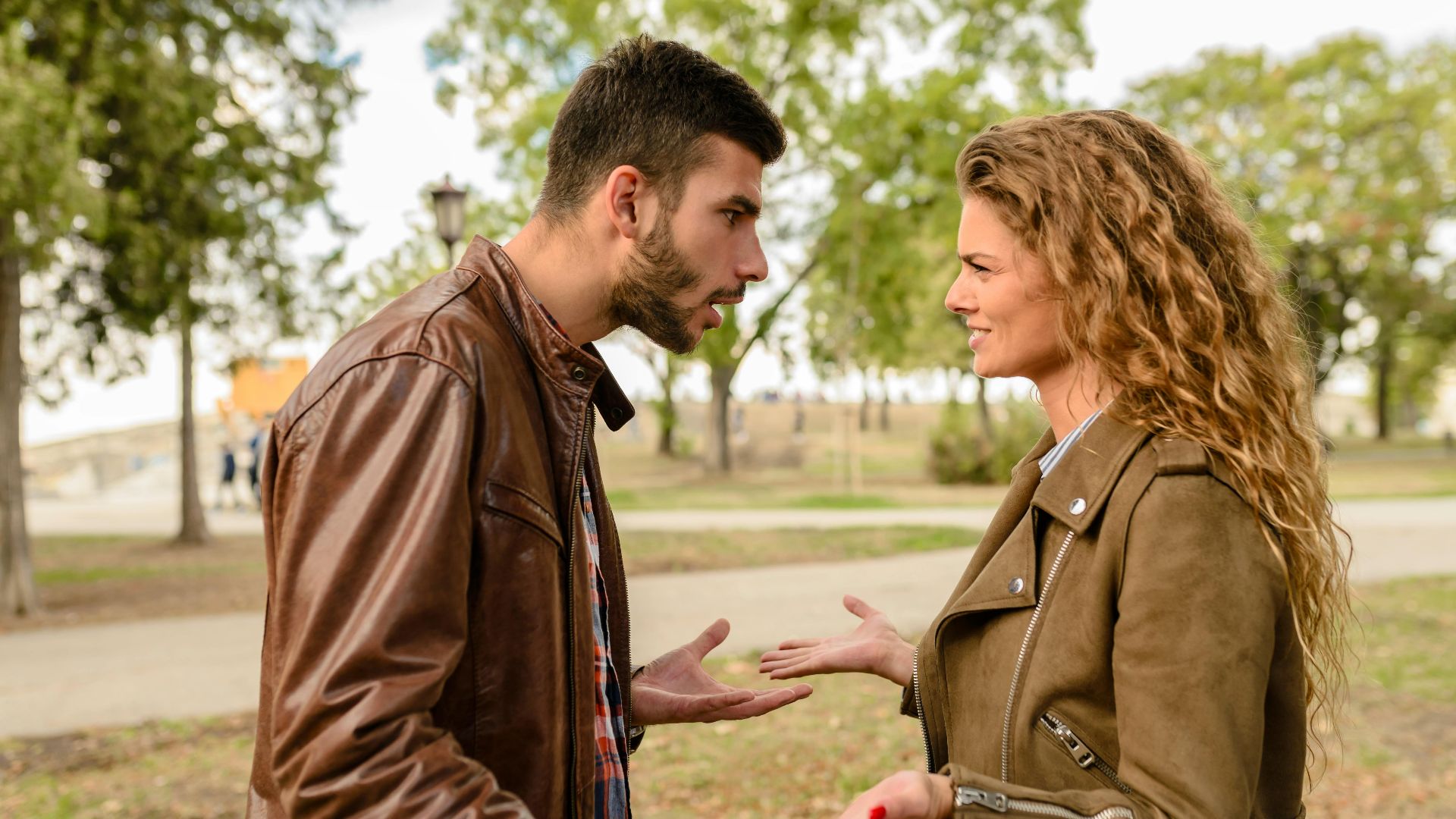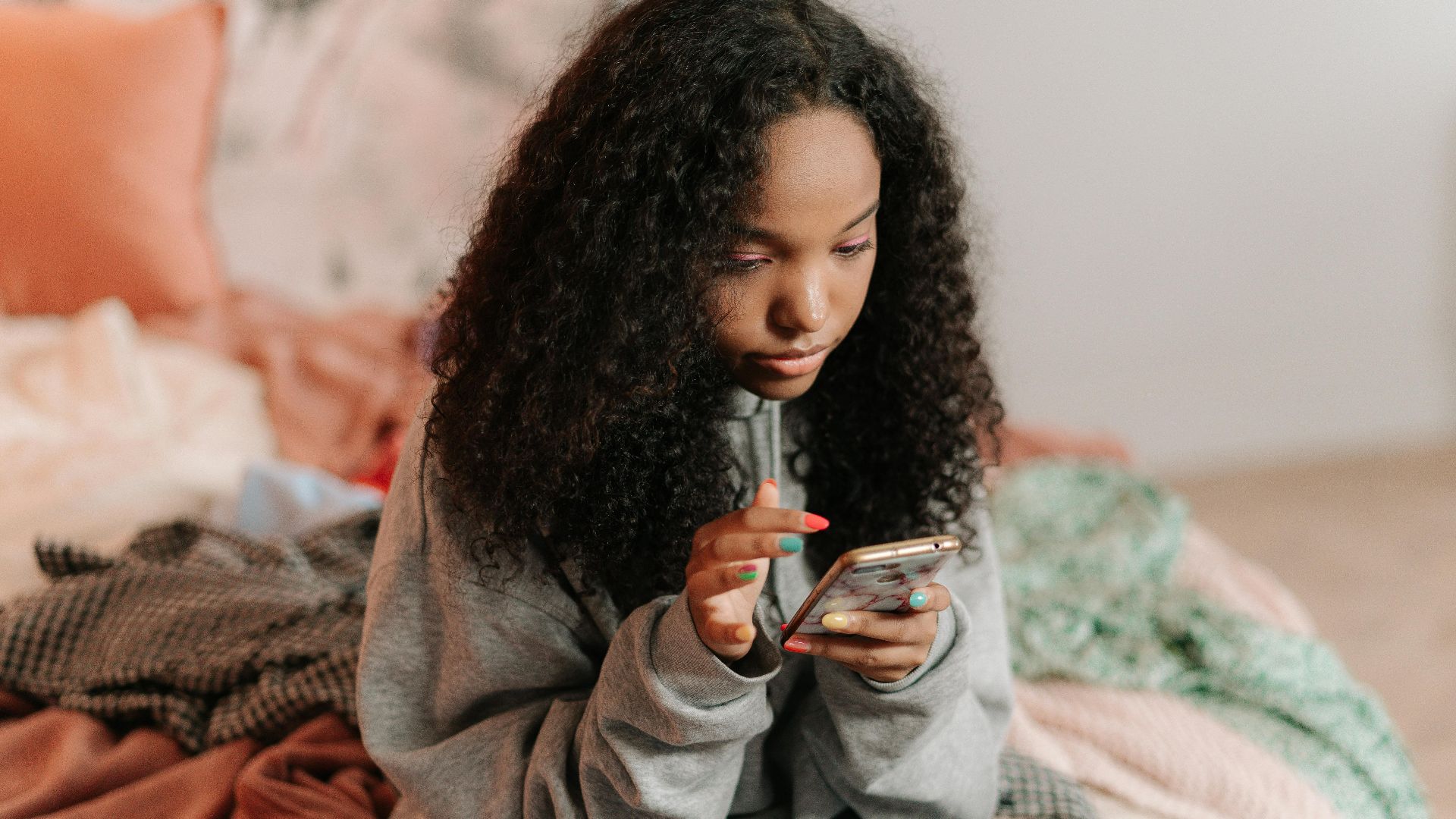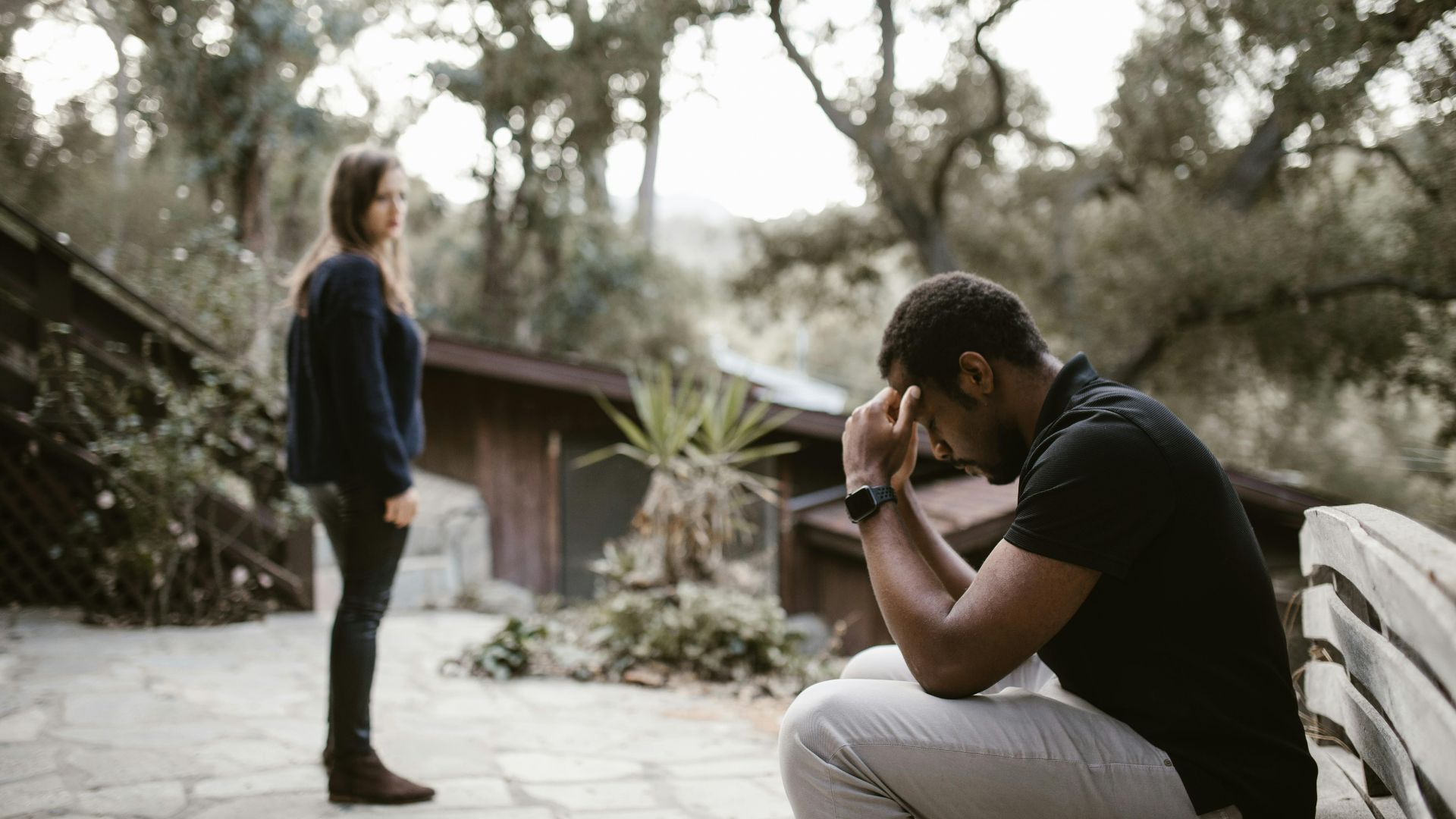The Drama Feels Real
First loves have a way of sneaking in when you're still figuring things out. One day, you're just living your life, and the next, you're overanalyzing text bubbles. It doesn’t matter how old you are or how long it lasted—it still hits like a surprise quiz you didn’t study for. So, here are 20 lessons that you only learn once you've been through it.
1. You Learn How Vulnerability Feels
Crying in front of someone for the first time is about revealing a side of yourself you didn’t know existed. That deep, unfiltered openness arrives unexpectedly. You suddenly trust another person with your rawest emotions. That vulnerability teaches what strength looks like in emotional terms.
 Photo By: Kaboompics.com on Pexels
Photo By: Kaboompics.com on Pexels
2. You Discover Your Attachment Style
First love is like a mirror that reflects how you connect to others. Do you feel the need to always be close? Do you pull back when things get serious? These responses don’t come out of nowhere; they emerge the moment you're emotionally invested.
3. You Realize Love Alone Isn’t Enough
Loving someone doesn’t mean everything else falls into place. You can adore a person and still argue endlessly. You can laugh together and still want different lives. First love teaches that chemistry and passion are powerful, but they can’t bridge every divide.
4. You Feel What It Means To Let Go
Nothing quite prepares you for the ache of a first breakup. The weight sits heavy in your chest because it was the first to change your world. Letting go feels unnatural, like learning to walk without a limb you never noticed was vital.
5. You Learn To Set Your Boundaries
First love often blurs the lines between giving and losing yourself. You may say yes when you mean no or silence your needs to keep peace. It’s in these moments that boundaries begin to matter. You discover that love should respect individuality.
6. You Discover What You Don’t Want
Disappointments in first love sharpen your sense of clarity. Perhaps they made promises they never kept, or you found yourself constantly apologizing for being emotional. Each frustrating moment becomes a filter, helping you define what future love should not look like.
7. You Recognize The Power Of Jealousy
The first sting of jealousy can be shocking. Suddenly, a smile directed at someone else or a delayed text reply feels like a betrayal. You may question everything. It can also show whether trust exists in your relationship or if it’s built more on fear than connection.
8. You Don’t Trust As Easily Again
After being hurt, something shifts inside. That first betrayal—no matter how minor or massive—leaves an imprint. Trust, once broken, becomes something you guard more tightly. It changes how you view others and shapes the way you approach new relationships.
9. You Realize Your Heart Can Love Again
Your first relationship often feels like the only love that will ever matter. The intensity, the obsession, the sense of discovery—it's overwhelming. However, time passes, and one day, someone makes you laugh in a way that feels brand new. That is when you realize your heart still has room.
10. You Learn Communication Means Listening
Words can fill a room and still leave silence. First loves often highlight how easily misunderstandings grow when listening is absent. These early lessons in communication reveal that love needs more than constant chatter, as it needs the willingness to understand.
11. You Stop Basing Worth On Others
When you place your value in someone else's hands, even compliments can become addictive. That dependence becomes a wake-up call. Over time, you learn that real self-worth is built when you recognize your own value without needing constant reassurance.
12. You Learn Love Isn’t Always Rational
You may have skipped responsibilities or stayed up till sunrise in an emotional spiral. That pull of first love defies common sense. You’re drawn in despite warnings or wisdom. And when things fall apart, you’re left wondering why you ignored your instincts.
13. You Learn Love Can’t Heal Everything
Believing your love can save someone feels noble. You want to be the light in their darkness, the reason they change. But people grow when they choose to, not when they’re pushed. Therefore, trying to fix them usually leaves you broken.
14. You Discover Time Changes Everything
What once felt like an emotional earthquake eventually became a memory with blurred outlines. Songs that once triggered tears start to sound sweet again. So, your first love reminds you that even the deepest pain evolves. That change teaches you patience with your healing.
15. You Learn Intimacy Goes Beyond The Physical
Closeness isn’t measured by sleepovers. It's the way someone remembers your laugh or how they hold space for your deep-rooted fears. Through that relationship, you begin to understand that real intimacy doesn’t require nightouts or grand gestures.
16. You Start Comparing Without Meaning To
Even years later, you might find yourself thinking, "They never made me laugh like that," or "They didn't fight the way he did." Your first love becomes a secret benchmark. This habit can be harmless, or it can block new connections from flourishing.
17. You See Character During Conflict
It's not the presence of conflict that damages relationships—it's how it's handled. That early exposure helps you learn what kind of emotional safety you need. When someone fights fairly, listens, and makes space for your feelings, it leaves a lasting impression.
18. You Learn Dreams Don’t Always Last
First loves are often built during times of transition, and those plans don’t always hold up. Sometimes, love alone can’t hold the vision together. Watching those dreams fade teaches you to anchor your goals in your own journey, not just a shared one.
19. You Don’t Always Get Closure
Waiting for an explanation that never arrives can be agonizing. Maybe they ghosted you, moved on quickly, or gave reasons that made no sense. That lack of closure lingers. It forces you to look inward for answers and make peace on your own.
20. You Learn Rebounds Don’t Always Heal
Jumping into something new may feel like a fast fix. At first, it works—you're distracted, and the ache softens. But confusion creeps in. You learn that healing requires stillness, not substitution. Facing that discomfort is where real recovery begins.



